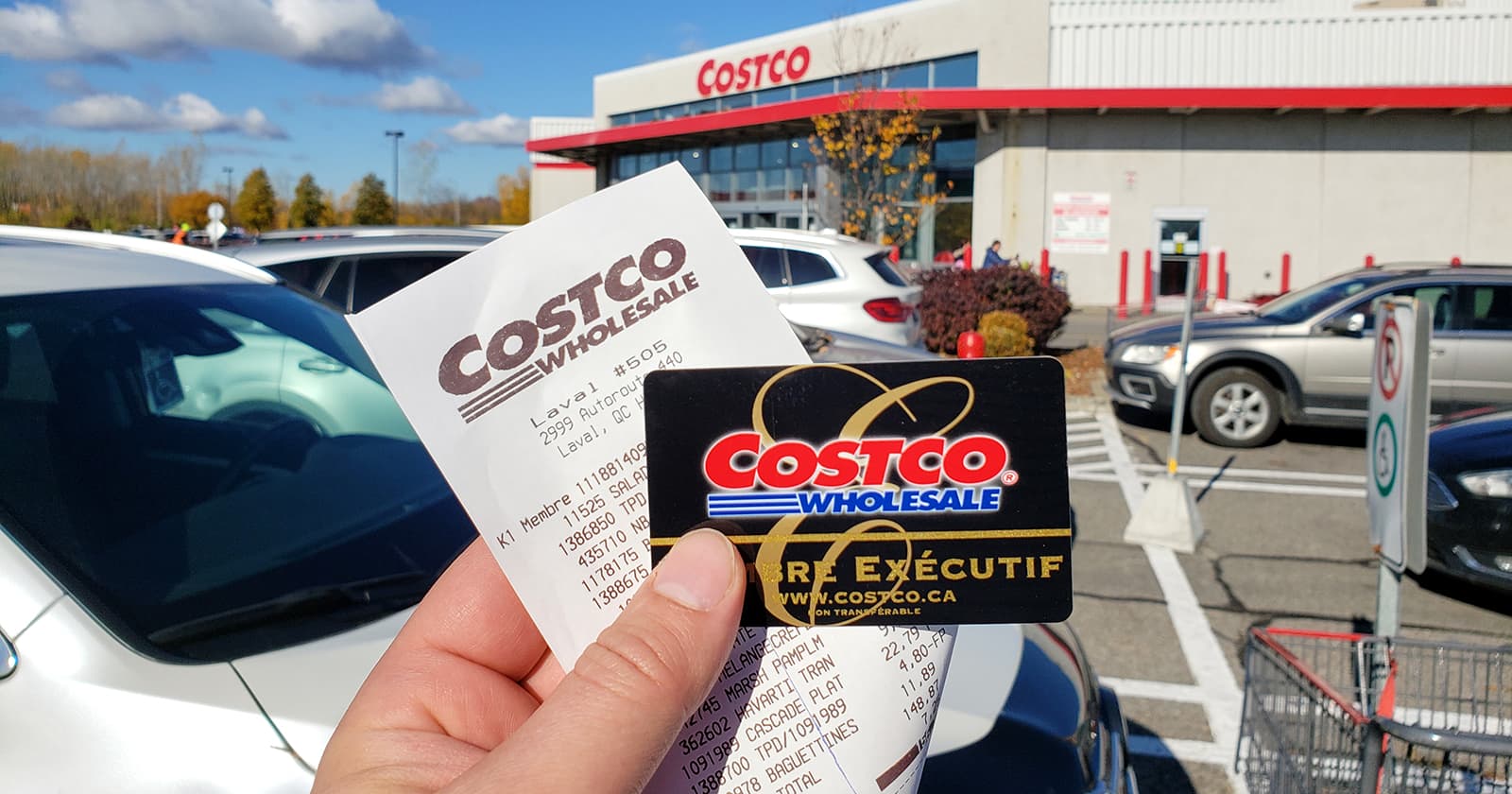During the past coronavirus year, the role of portfolio diversification played a crucial role as companies in the travel, tourism and restaurant industries suffered quite severely.
Although the Sifter Fund did better than the benchmark index by 6.5% (1.1.–26.10.), coronavirus has left an ugly scar on some companies. Others got more wind in their business sails.
We listed a few coronavirus losers and winners in Sifter’s portfolio. Once again, it was critical to study a company’s ability to make money (profit) in the long run and not stare at changes in stock prices in the short term.
One of the benefits of fund investing is risk diversification.
Well-diversified global portfolio
For example, the 30 companies in the Sifter fund are currently divided into 18 sub-sectors. We have not set a rule in advance on how much we want to invest in any industry. When searching for good companies to invest in, we seek to find the best performers in their respective industry/sector. We believe that high-quality money companies can be found in almost all industries.
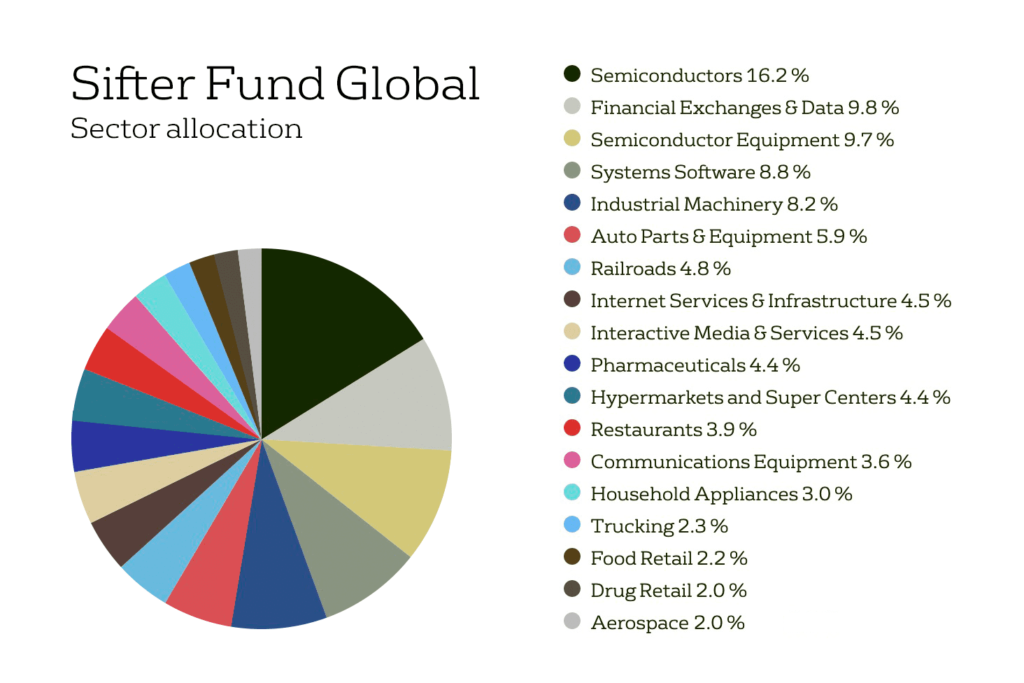
Coronavirus crisis: Winners and losers
Coronavirus losers
We can see that three companies in our portfolio were hit hard by the pandemic and lockdowns. These are the Swedish Autoliv, the French Safran, and the American Starbucks. However, we estimate that the damage to these companies will be short-lived.
Autoliv Inc
Autoliv is a manufacturer of passive car safety devices such as airbags and seat belts. As factories around the world were forced to shut down, and demand for new cars fell significantly, so did Autoliv’s profitability.
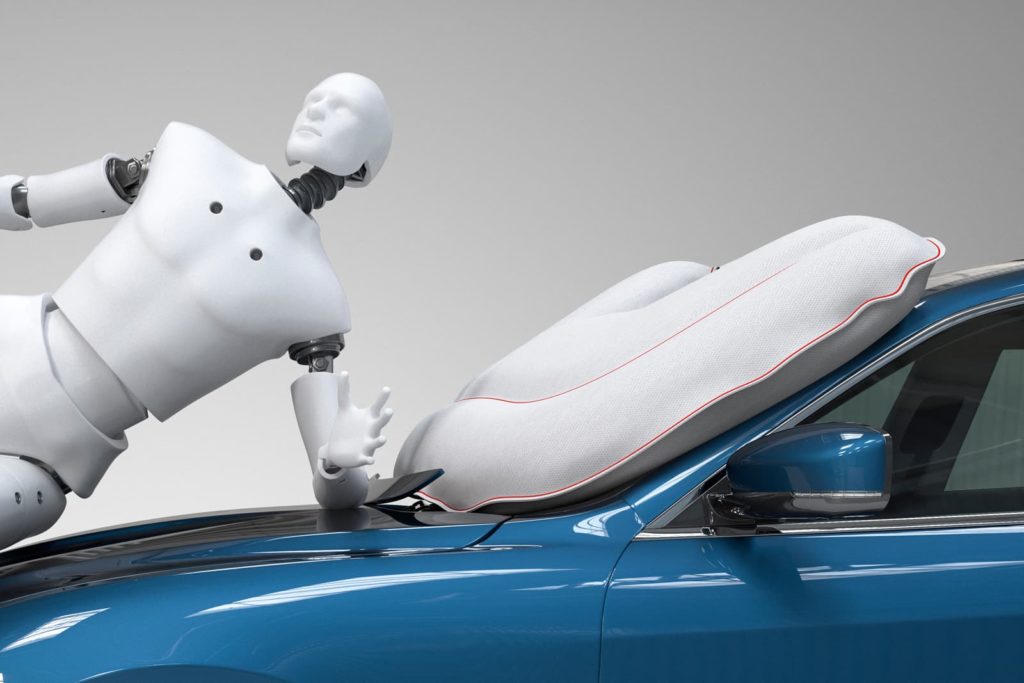
We re-examined and assessed the strength of the company’s balance sheet and competitive advantages and decided to remain a shareholder.
We believe that Autoliv, as the global market leader in its field, is the strongest company.
As new car production is expected to grow towards normal levels, and cars continue to become even safer, we see as Autoliv being well-positioned to benefit.
Safran SA
Safran builds the world’s best aircraft engines. Before the coronavirus crisis, demand for new aircraft was growing and the order backlog for engines built by Safran lasted for years. Due to the quarantines, the number of flights departing around the world tumbled.
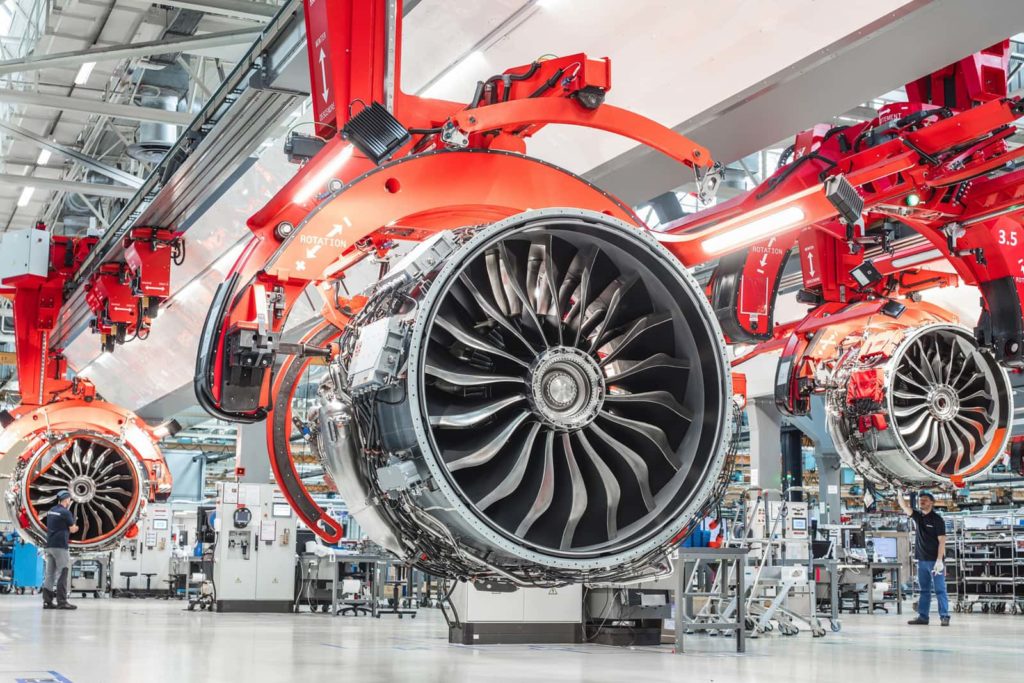
Uncertainty regarding future demand for air travel is also reflected in fewer aircraft being manufactured by Boeing or Airbus.
However, Safran’s earnings model is largely based on engine maintenance contracts that have to be made regularly for aircraft engines.
Safran has a multi-year order backlog for servicing existing engines, and a very dominant position in this market.
The engines Safran manufactures are typically used on short and medium-haul flights. These flights have been less affected by the pandemic compared to long-haul international flights. We estimate that Safran’s business will gradually recover as normalcy is restored.
Starbucks Corp
Starbucks has more than 32,000 cafes, making it the world’s largest coffee chain. Over half of these are in the United States and there are already more than 4,400 cafes in China.
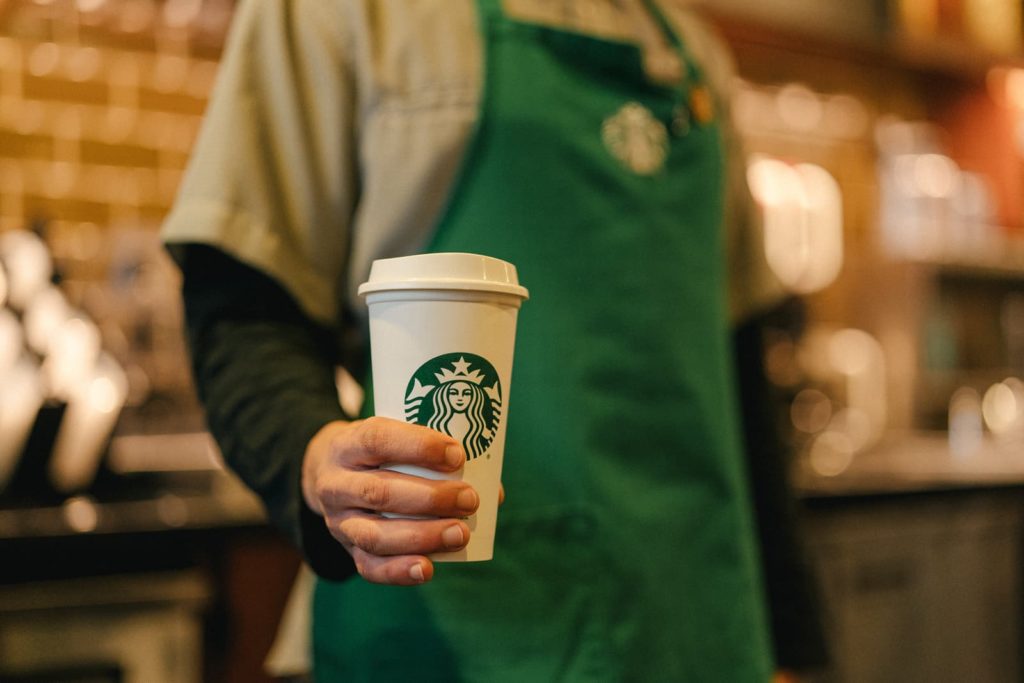
Starbucks’ sales and earnings growth has been convincing year after year but COVID-19 made a nasty dent in the beautiful growth curve. Starbucks had to temporarily close most of its cafes first in China and then in the United States. Fortunately, the closure of the cafes was short-lived and limited to one quarter. The company faced the problem head-on and was able to develop safe ways to offer coffee and other products to its customers in both cafes and take-away models.
Sifter increased its Starbucks holdings slightly during Q3.
We believe Starbucks will continue to grow, particularly in the Chinese market, where it aims to open a new Starbucks cafe every fifteen hours for the next few years. Also expanding the product range, e.g. snacks and food products should bring further growth (same-store-sales growth) to existing cafes.
Coronavirus winners
Most coronavirus winners are from either the technology or retail sectors. Quarantine forced people to do both work and eat at home. Naturally, the “saved” restaurant and tourism money was used for purchases at home or in-home offices.
Microsoft
Microsoft has been a cornerstone of our portfolio for over 10 years. While weaker spending among small and medium businesses has been a negative driver in 2020, the company has achieved uninterrupted top-line growth, as consumers have been forced to work, play and study at home, supporting revenue from Surface devices, Windows licenses and gaming.
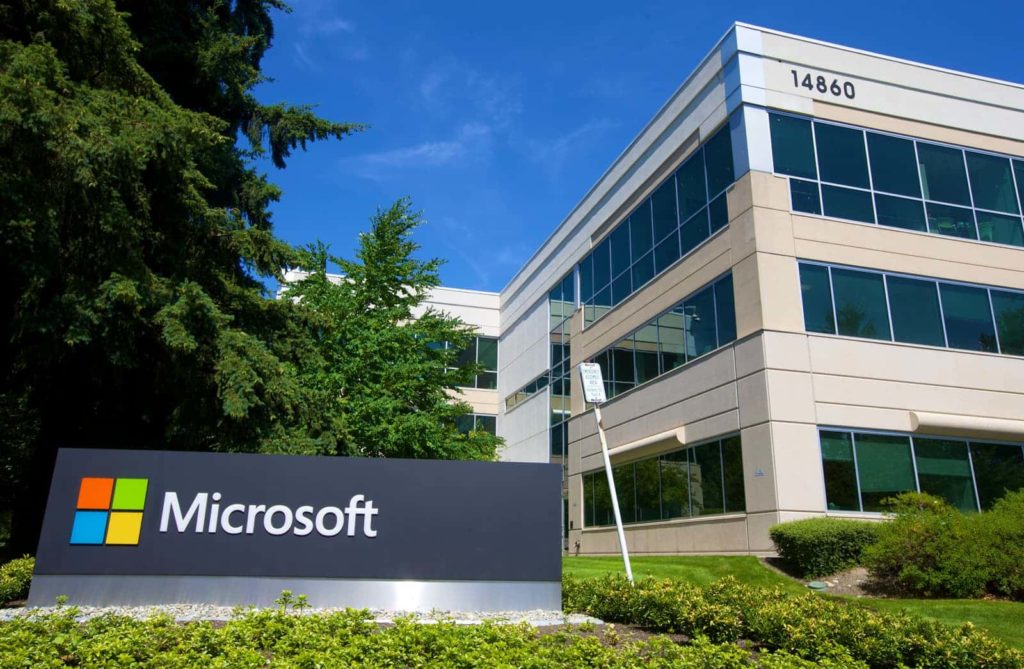
Meanwhile, Microsoft’s strongest growth stream continues to originate from cloud services, where its Azure offering is estimated to be the second largest after Amazon’s AWS (source: IDC).
The public cloud services market (infrastructure and platform) has grown rapidly, increasing by 40% year-on-year in 2019 to 50bn dollars (source: IDC).
In 2020, Azure’s growth decelerated somewhat but remained strong, increasing by 47% year-on-year in the latest quarter.
Meanwhile, the number of daily active users of Microsoft’s Teams service increased more than five-fold in July 2019–April 2020, as online meetings became vital and Microsoft successfully transitioned its customer base from Skype to Teams.
We like this tech giant for many reasons, partly because Microsoft can innovate itself and create new services on top of the old. We believe in Microsoft’s earnings model, competitive advantages and its ability to make money in the future.
Taiwan Semiconductor-SP ADR
TSMC is a semiconductor foundry headquartered in Taiwan. The company manufactures chips for its customers that include large tech companies like Apple, Nvidia and AMD. As manufacturing technology has advanced, it has become increasingly capex intensive, which has raised entry barriers for smaller manufacturers and strengthened TSMC’s competitive position.
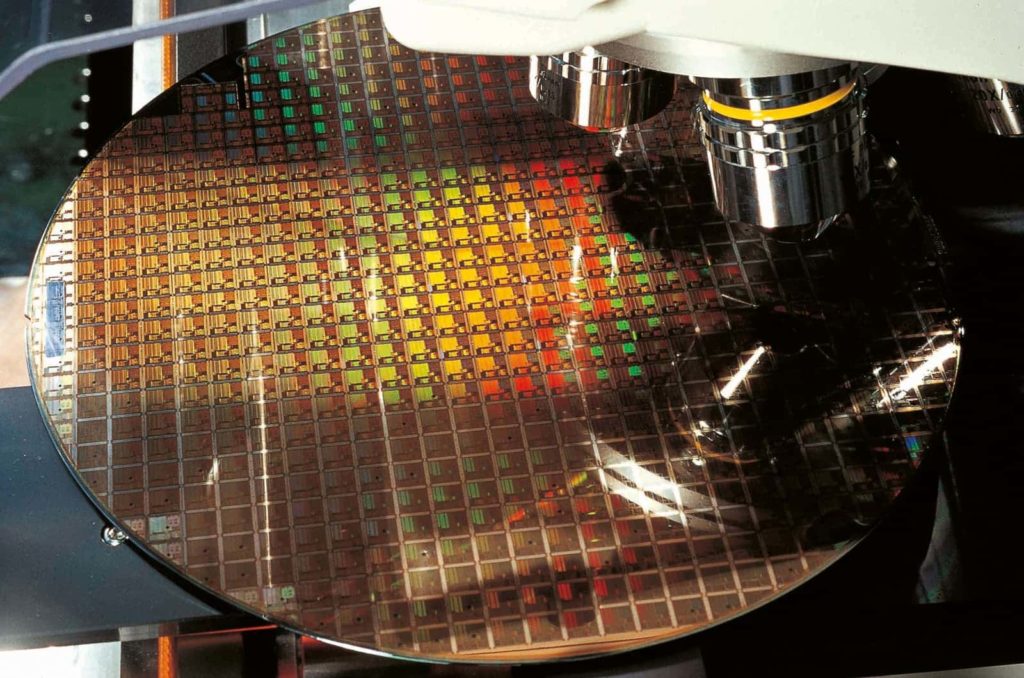
TSMC’s leading edge production nodes are particularly suited for highly advanced chips which are in growing demand due to the increasing use of 5G, AI and other applications that require high computing power. In 2020, the demand for such technologies seems intact if not strengthened.
Costco Wholesale Corp
Costco is the world’s second-largest retailer after Walmart. Costco is different from competing retailers as it operates on a membership model where you have to be a paying member to access the store. The company makes its main profit from membership fees and offers its members very affordable products in return.
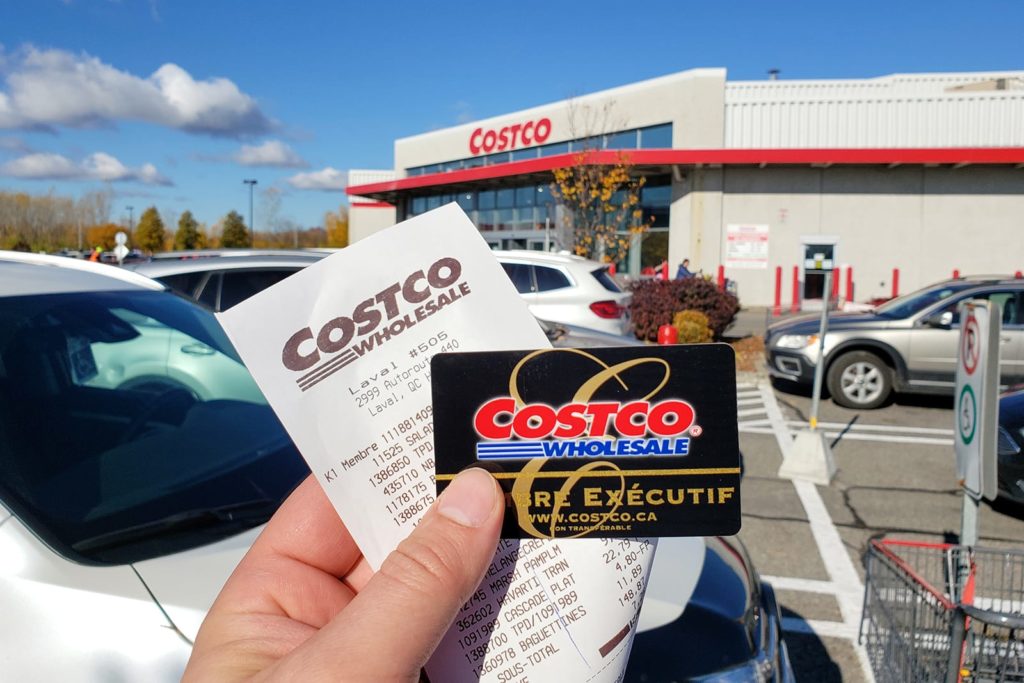
During the coronavirus spring, customers’ demand for Costco’s retail products and the number of new members increased significantly. In particular, the growth of new members will enable the company to offer its products even more cheaply, as the company achieves economies of scale in sourcing and distribution.
Costco’s digital store grew exponentially due to customers changing shopping behavior during the pandemic.
We believe that the growth in demand seen during the spring will not be temporary, but Costco’s position as the number one shop of its members will only be strengthened.
Costco has also opened its first store in Shanghai, where the addition of more than 200,000 new members in just one quarter surprised even Costco’s management.
Key takeaways
- Stock market decline is not a risk for long-term investors
- The strong companies become stronger when others suffers
- Sector diversification plays a crucial role in crisis and often performs better than individual stock
